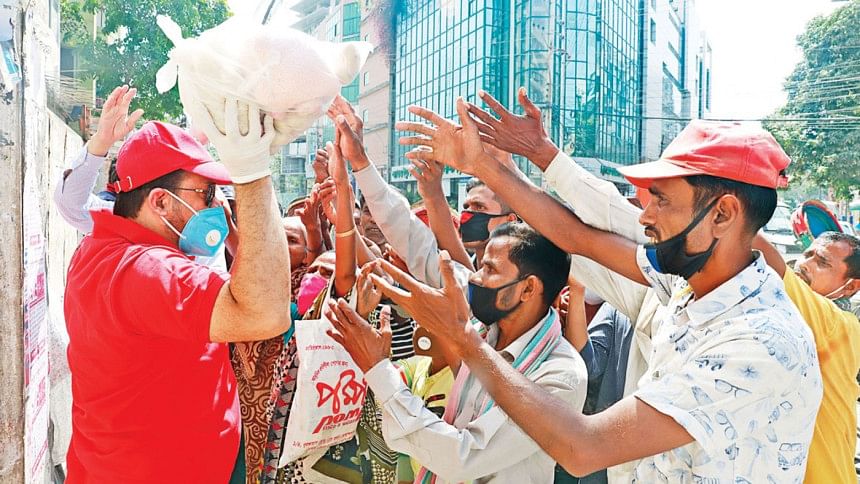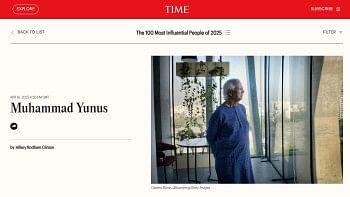Path to economic recovery must be inclusive and sustainable

To say that it has been a difficult journey for us over the last seven months of Covid-19 would be an understatement. Nearly six thousand people have died so far. Nearly four lakhs have been infected. But the number of people hit by the pandemic's impact on life and work runs into many millions. There are, however, indications that the economy is on the rebound and it gives us hope. Recent figures point to a slow, painful but assured recovery, provided the current momentum holds and progress made after the lifting of the lockdown is not undone by the second wave of coronavirus expected in winter. But there are also legitimate concerns about the "quality" of this recovery and whether or not it will be inclusive and sustainable—questions that have always haunted Bangladesh's policymakers. Experts at a recent webinar organised by the South Asian Network on Economic Modeling (Sanem) also highlighted this concern, stressing the need for "a parallel recovery of social conditions and the economy".
Some of the issues they raised deserve appropriate attention. Of particular note is a readjustment of priorities, especially by shifting the focus away from GDP growth to other performance indexes, which could show us the real state of the economy. So far, the return of work orders for the RMG sector and increased inward remittance have acted as catalysts in driving our economic recovery. But unless productivity in other key sectors is also increased and the pre-existing challenges of inequality, poverty, employment generation and institutional weaknesses are addressed efficiently, the marginal recovery achieved so far may flatten out in the face of a second wave and its effects. We also need initiatives to address the sluggish demand in domestic market, low private investment, and slow disbursement of the government's stimulus packages which, if left unaddressed, could prove to be a major drag. There is also a need for specific interventions to increase employment.
The main objective, as one expert has highlighted, should be to help citizens recover from the pandemic's impact on health, education, poverty and social discrimination, among other indicators, with the same urgency as boosting macroeconomic indicators like the GDP. The need for inclusive growth that benefits all and leads to a sustainable economy cannot be overestimated. The government must design and pursue policies keeping this in mind. It must put people—especially the newly poor and traditionally marginalised groups whose lives have been battered by the pandemic—at the centre of all activities.

 For all latest news, follow The Daily Star's Google News channel.
For all latest news, follow The Daily Star's Google News channel. 



Comments